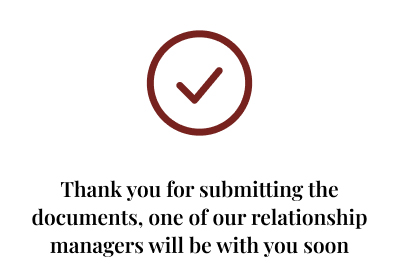Illegal Gold Mining Can Tarnish Your Investment
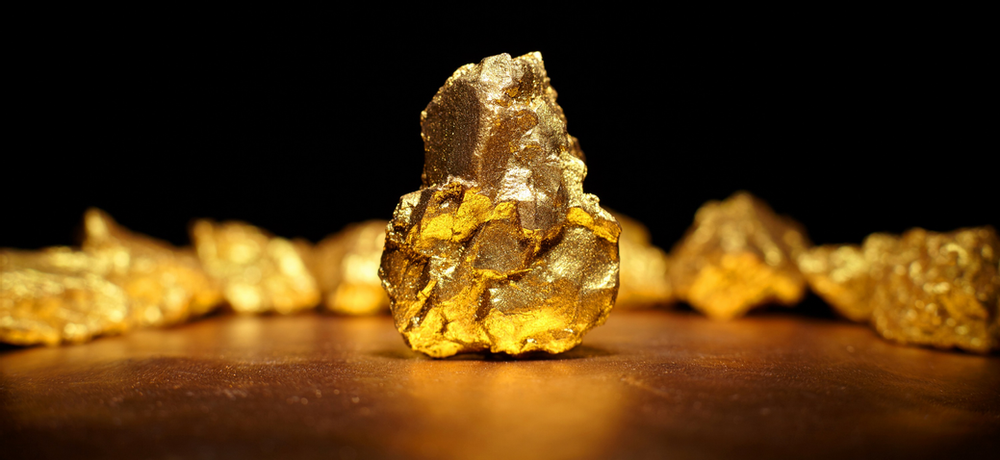
Gold is more than a commodity for investment and wealth protection. From decorative jewelry to dental work to electronic devices, gold plays a role in almost every facet of everyday life. So, the gold demand is widespread, and with such a demand, there are opportunists who may skirt the law to cash in on international appetites for gold and other precious metals.
J. Rotbart & Co. is committed to promoting legal mining practices for all precious metals, including gold, for the bullion bars and coins we offer to our clients. All our products and services meet the highest ethical standards to enhance your wealth protection and growth success.
Content
Illegal gold mining has vast impacts
While legitimate and legal mining operations can bring opportunities to their communities with jobs, increased revenue, and improved infrastructure, illegal gold mining ventures are rife with environmental, ethical and social concerns. Unregulated operations may irreparably damage ecosystems and endanger health by irresponsibly polluting the environment with mercury used to separate gold from ore. Unscrupulous miners may take advantage of child labor to keep costs down. Social conflicts between local farmers and these miners could lead to violence and instabilities in communities. These are just a few impacts – we will discuss more further below.
Generally, large-scale mining operations usually operate under great regulatory scrutiny with government oversight. The problem often lies with artisanal and small-scale mining (ASM) operations. These tend to be more informal operations that poor, subsistence farmers and workers turn to as a more profitable venture. Nevertheless, combined, ASM sourced gold comprises around 20% of total gold production, according to the International Institute for Sustainable Development’s (IISD report).
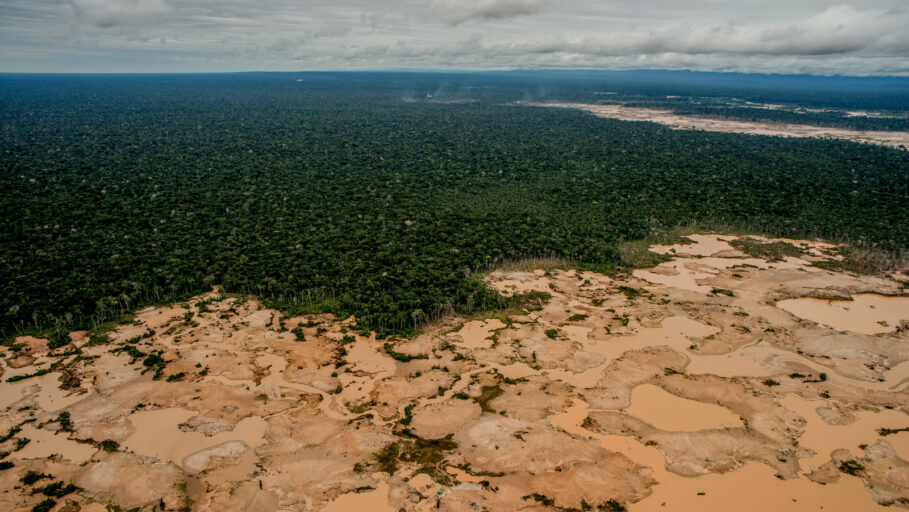
Unethically sourced gold is global
With the price of gold at high levels, low- and even middle- income communities near gold deposits are attracted to ASM. Unaware, unable, or intentionally unwilling to follow legal means and rules, we see the ramifications across much of the world.
Latin America
In Brazil, Bolivia, Colombia, Peru, Ecuador, and Venezuela, there were around 2,312 illegal mining sites at the last count done in 2018. Many of these operations set up their excavations in protected ecosystems and infringing on indigenous populations such as in Madre de Dios in Peru. In all these countries, illegal miners not only come into conflict with the indigenous people, but also with legitimate large-scale producers and government bodies, sometimes leading to violence.
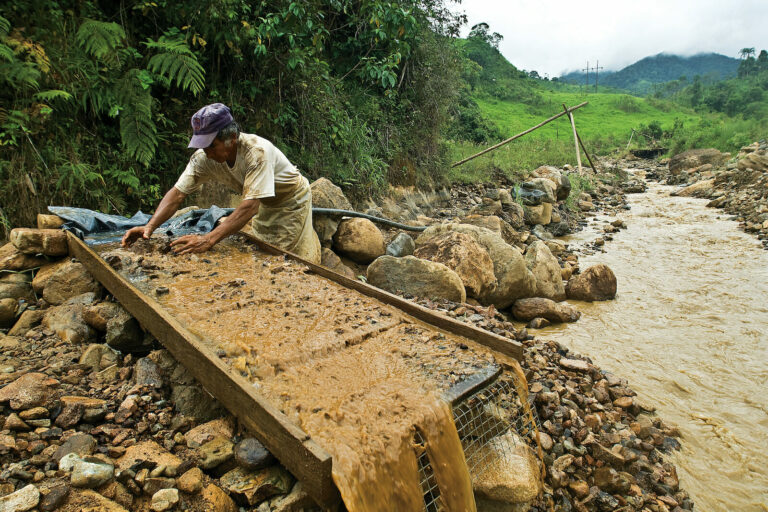
Asia
Informal gold mining is widespread in Asia, especially in Indonesia, and the Philippines. But with complex licensing laws that sometimes take years to navigate, ASM operators often go the illegal route. This leads to tragedies such as gold mines collapsing or miners dying from carbon monoxide poisoning, as they did in 2019. In the Philippines, small scale miners are obliged to sell their mined gold to the BSP (Bangko Sentral ng Pilipinas) and are not allowed to freely trade it in the market.
In 2011, the Philippine government imposed a withholding tax and excise tax on all small-scale miners in the country. As a result, the country saw a very dramatic decline of raw gold sale to the BSP and most of the gold that was mined in the Philippines (over 90% of it) was smuggled out of the country to avoid these taxes. In 2019, President Duterte revoked these taxes in an attempt to avoid the gold smuggling.
In addition to that, in the Philippines small scale mining industry, cyanide and mercury are making their way into the food chain as miners dispose of these toxins directly into waterways.
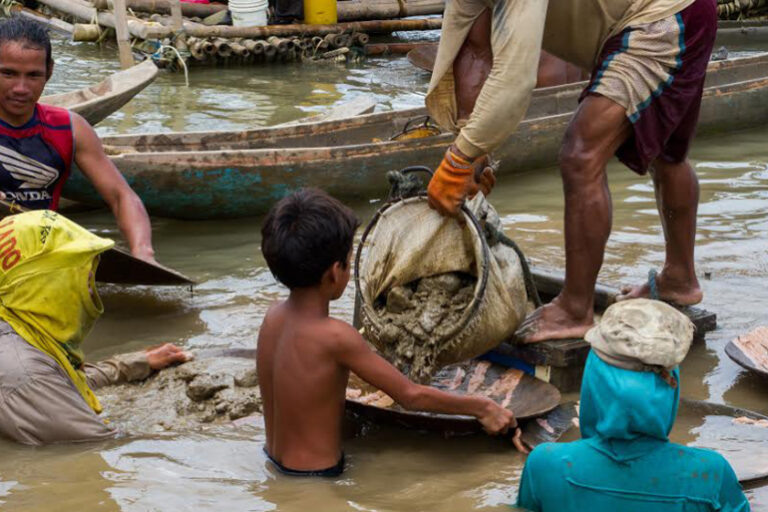
Africa
Across Africa, 5% to 20% of the population participates in ASM. Unfortunately, some are not involved voluntarily. In Tanzania alone, a country that is Africa’s 4th largest gold producer, the International Labor Organization identified over 30,000 children between the ages of 5 to 17 working in gold mines. Furthermore, gold smuggling is very common, depriving governments of the tax revenues they could use to enforce their child labor as well as gold mining laws.
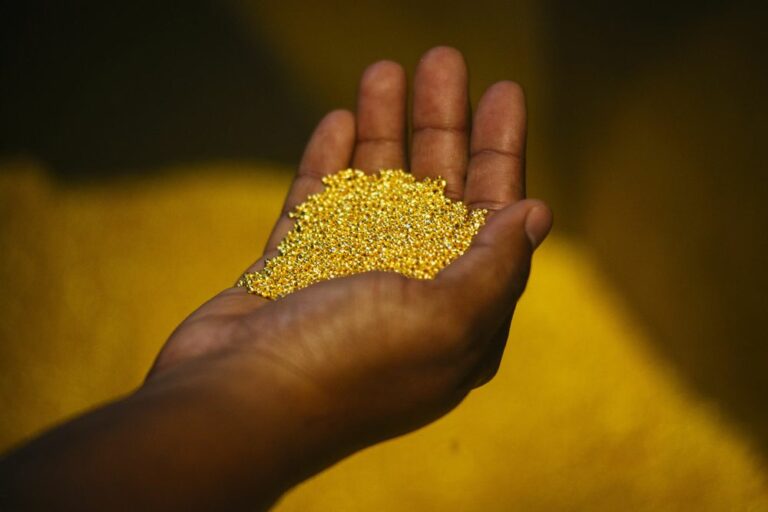
How to tell if your gold is ethical?
The problem for consumers seeking to purchase precious metals in forms of bullion bars and coins is that the illegally mined gold is often sold to other traders who source the metals from legal and illegal producers. So, by the time it reaches major international markets, how can the end consumer make sure that the gold comes from reliable, legal sources?
To this end, regulatory bodies and precious metals trade associations have established a number of standards and programs that can help you navigate:
World Gold Council’s Responsible Gold Mining Principles
Using information and comments from over 200 experts and organizations involved in the gold supply chain, in 2019 the World Gold Council (WGC) developed the Responsible Gold Mining Principles. These principles set a framework defining what constitutes responsible gold mining practices, creating a single standard. Companies can request certification that they follow these standards from third party providers, assuring their practices meet these principles.
WGC Conflict-Free Gold Standard®
In addition to responsible practices, the WGC wanted to address the issue of gold mining being used to fund illegal armed conflicts and operations around the world. So, in keeping with the OECD’s Due Diligence Guidance for Responsible Supply Chains for Minerals from Conflict-Affected and High-Risk Areas, they established The World Gold Council Conflict-Free Gold Standard. Companies and consumers alike can refer to these standards to ensure their gold is conflict-free.
LBMA’s Good Delivery Rules
The London Bullion Market Association (LBMA) is the international trade association that sets standards and market services for the precious metals industry, which includes miners, refiners, traders, producers, and storage and transportation providers. With their Good Delivery Rules, members must meet these standards for handling as well as for the quality of gold and silver bullion bars and coins to ensure consistency and to be able to set contracts under their auspices.
LBMA’s Responsible Sourcing program
The LBMA has set up a Responsible Sourcing program. LBMA refiners must comply with this due diligence program that ensures the gold they source is not connected to money laundering operations, terrorist financing, environmentally damaging operations, or human rights abusers.
J. Rotbart & Co. deals only in responsibly sourced precious metals
J. Rotbart vigorously audits our sources and practices to ensure we follow these various programs and standards to the highest degree. We also conduct regular audits and offer full disclosure and transparency to our customers regarding our precious metals transactions for them. Customers come to us because of our excellent reputation for reliable and dependable service as well as our ethically sourced precious metals.
We work solely with reputable refineries and mints who are members of the London Bullion Market Association (LBMA) and the London Platinum and Palladium Market (LPPM) assuring the highest standards and the authenticity and responsible sourcing of all precious metals.
If you would like to learn more about our source and ethical precious metals practices, contact the J. Rotbart & Co. team today. We can tell you how you can ensure the highest standards for your precious metals needs in your wealth management strategy.













